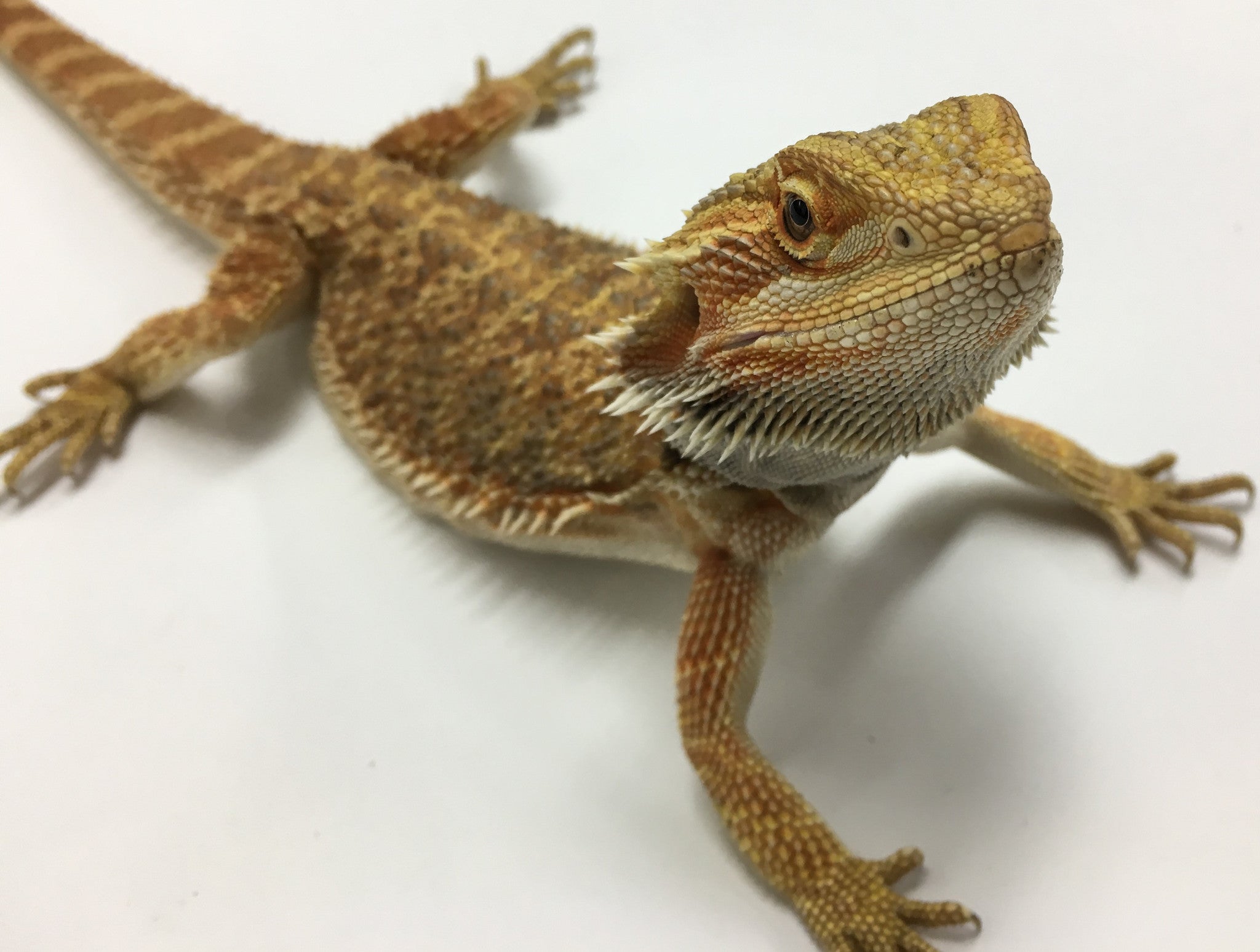Calcium is an essential nutrient for bearded dragons to support proper bone development and prevent metabolic bone disease. Determining how often should I give my bearded dragon calcium supplements is important to maintain dragon’s health. Here are some tips on calcium frequency for bearded dragons.
Bearded dragons need adequate calcium intake, especially when young and growing. Calcium supports bone formation, muscle and nerve function, and enzyme reactions. Without proper calcium levels, bearded dragons can develop nutritional secondary hyperparathyroidism, leading to metabolic bone disease with symptoms like bone deformities, fractures, and paralysis. Providing proper calcium supplementation prevents this.
How Often Should I Give Calcium?

- Baby dragons – Newly hatched to 3 months old need calcium 5-6 times per week. Dust live feeder insects with calcium powder before each feeding.
- Juvenile dragons – 3 to 12 months old need calcium 3-5 times per week. Dust insects 3-5 times weekly.
- Adult/breeding dragons – Over 12 months old need calcium 1-3 times per week. Dust prey 1-3 times weekly. Females producing eggs may need extra calcium.
The exact frequency depends on diet, growth rate, and health status. Work with an exotic vet to determine the ideal calcium schedule. Signs your dragon needs more calcium include twitching, lethargy, or jerky movements.
Calcium Powder vs Calcium-Loaded Feeders
There are two main ways to give calcium – calcium powder and gut-loading insects.
- Calcium powders – Dusting insects with supplements before feeding directly coats prey with calcium. Use calcium carbonate powder without D3.
- Gut-loading – Feeding high calcium foods to insects for 24-48 hours before feeding to bearded dragons naturally enriches the feeders. Good gut-loads are collard greens, mustard greens, turnip greens, dandelion greens, kale, and squash.
Using both methods ensures proper calcium intake. Gut-loading continually provides calcium, while dusting gives an extra boost at feeding time.
Tips for Proper Calcium Supplementation
- Use calcium carbonate powder without D3. Avoid phosphorus.
- Lightly coat feeder insects to prevent oversupplementation.
- Alternate calcium dusting between feedings rather than every feeding.
- Use a shallow dish in habitat for dragon to lick powder as needed.
- Choose healthy calcium-rich greens for salads and gut-loading.
- Work with exotic vet to tailor optimal calcium schedule for each lizard.
- Watch for signs of metabolic bone disease and adjust calcium as needed.
- Don’t give extra calcium to adult dragons without deficiency.
Proper calcium intake is crucial for bearded dragons throughout all life stages. With the right supplementation schedule, you can support bone health and prevent debilitating nutritional disease. Consult with your veterinarian to find the right frequency and method for your dragon.
Conclusion
Determining the ideal calcium supplementation routine helps ensure bearded dragons get adequate calcium for proper bone development and lifelong health. Babies and juveniles need frequent calcium dusting several times a week. Adults need less frequent supplementation 1-3 times weekly. Work with your exotic vet to tailor the schedule to your dragon’s needs. Using both calcium powder and gut-loading feeder insects provides optimal calcium intake. With the right supplementation plan, you can prevent metabolic bone disease and support your bearded dragon’s health.
FAQs How Often Should I Give My Bearded Dragon Calcium
What are the signs of calcium deficiency in bearded dragons?
Signs of calcium deficiency include weakness, lethargy, tremors, and bone deformities. It’s crucial to monitor your dragon’s health and provide adequate calcium to prevent these issues.
Should I offer calcium with every meal or on specific days?
Offer calcium with every meal to ensure consistent intake. Bearded dragons require calcium regularly for their well-being, so there’s no need to skip days.
Are there age-specific calcium requirements for bearded dragons?
Yes, young bearded dragons and growing individuals need more calcium than adults. Adjust the amount based on their age and growth rate, but ensure all age groups receive calcium.
How do I choose between calcium powder with or without D3?
Choose calcium powder with D3 for indoor bearded dragons to compensate for limited UVB exposure. If they receive adequate UVB light from natural sunlight, calcium without D3 is suitable.
Is there a difference in calcium supplementation for breeding female bearded dragons?
Yes, breeding females have increased calcium needs due to egg production. Offer calcium more frequently, but always consult with a veterinarian for specific supplementation advice during breeding.
Are there alternatives to calcium supplementation for bearded dragons?
While calcium supplementation is crucial, providing a well-balanced diet with calcium-rich foods like leafy greens, insects, and vegetables can help meet their calcium needs naturally.




